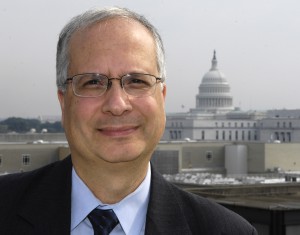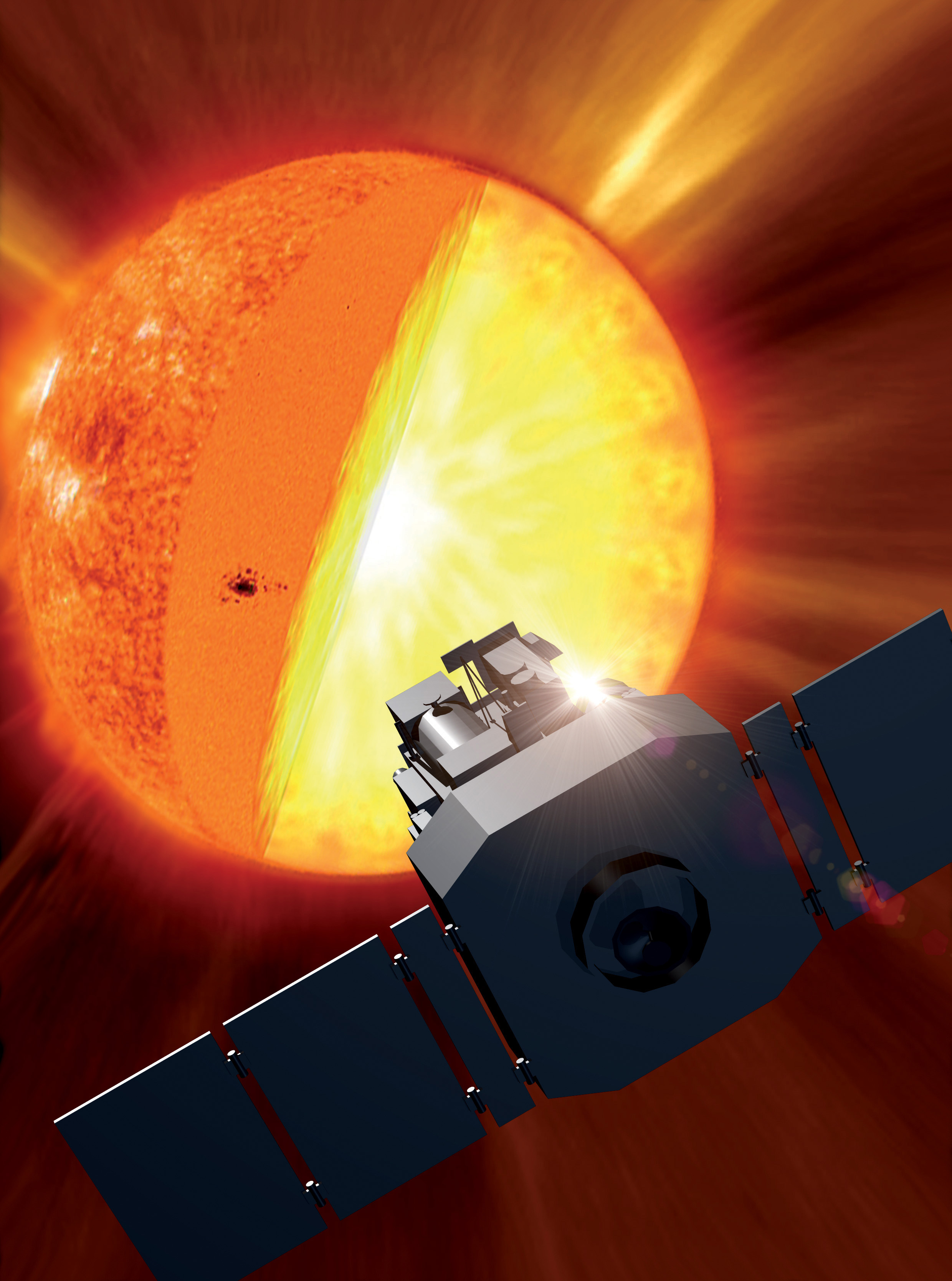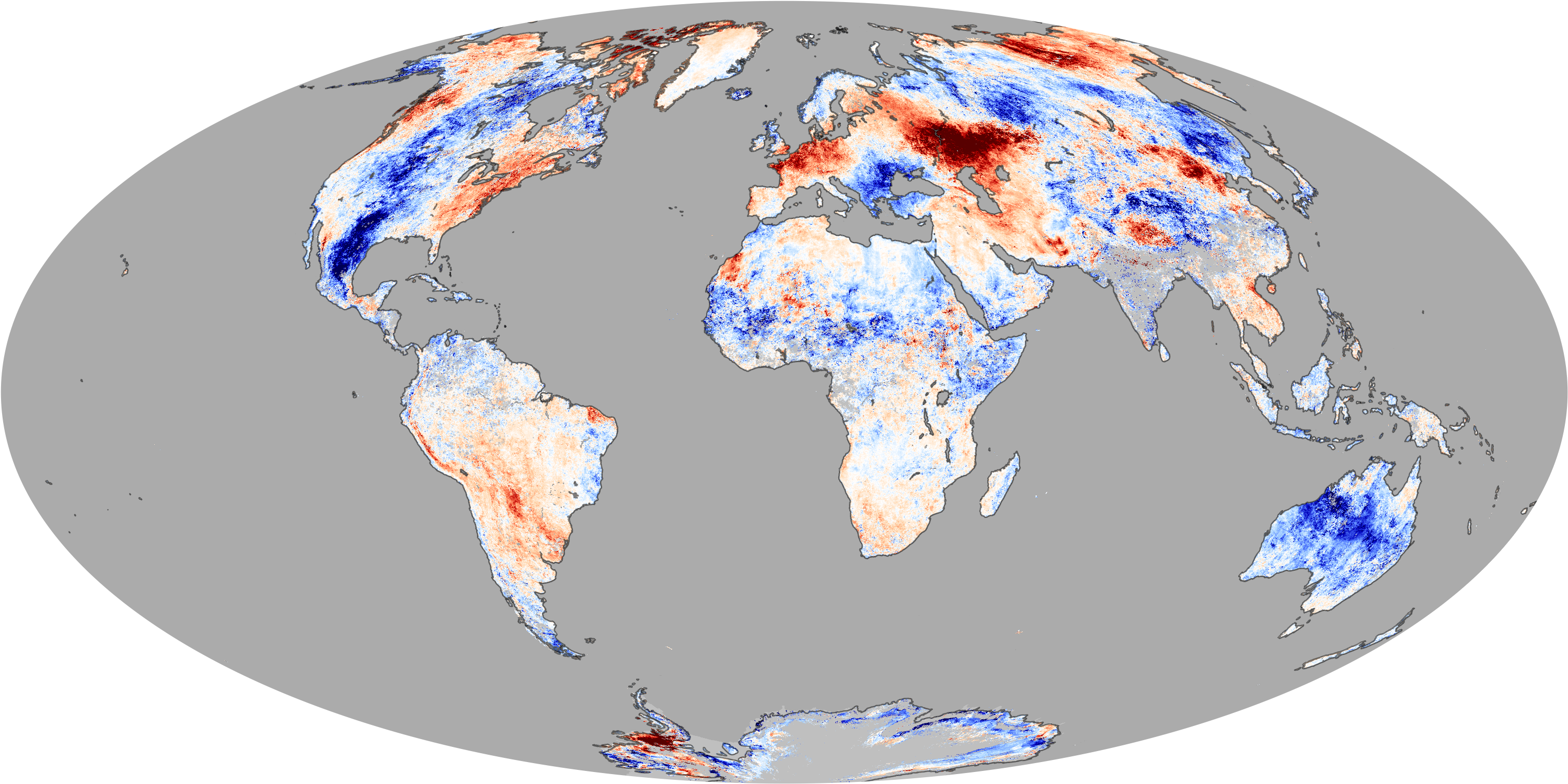By Ed Hoffman
Like all large, knowledge-intensive organizations, NASA faces continuous challenges identifying, capturing, and sharing what it knows effectively.
 Knowledge is the coin of the realm at NASA. Need to understand something about engine cutoff sensors, the physiological impact of extended stays in low-Earth orbit, or how to drive a rover on Mars? That kind of specialized expertise exists at NASA, and often nowhere else.
Knowledge is the coin of the realm at NASA. Need to understand something about engine cutoff sensors, the physiological impact of extended stays in low-Earth orbit, or how to drive a rover on Mars? That kind of specialized expertise exists at NASA, and often nowhere else.
At the same time, (to paraphrase science-fiction writer William Gibson’s remark about the future) NASA’s knowledge is not evenly distributed. Sometimes the people who know something and the people who need to know it don’t connect. And valuable knowledge is at risk of walking out the door as NASA approaches a significant demographic shift: more than half the workforce is eligible for retirement. There’s a high likelihood that many senior employees will leave within five years.
The knowledge challenge extends to NASA’s failures. Our mishaps, accidents, and anomalies yield critical, hard-won lessons. We use rigorous investigation methodologies such as root-cause analysis to ensure that we discover why we made mistakes. Our track record of learning from these incidents has also been unevenly distributed; we’ve done better in some instances than others.
Developing more consistent knowledge capability across the agency was part of what motivated the Aerospace Safety Advisory Panel (ASAP), an advisory group established by Congress, to recommend that NASA establish a single focal point (a Chief Knowledge Officer [CKO]) within the agency to develop the policy and requirements necessary to integrate knowledge capture across programs, projects, and centers. ASAP acknowledged good work in this area at Johnson Space Center and Goddard Space Flight Center, and also recommended that all centers and mission directorates consider establishing CKOs to ensure standardization.
In response to the recommendation, I was appointed NASA’s CKO. In late February, I convened a meeting of the agency’s knowledge community, and we took inventory of knowledge services and activities at various centers and mission directorates. Frankly, I had not been fully aware of the quantity or quality of knowledge work going on across the agency before that meeting. In the weeks and months ahead, after our data-collection effort has been fully vetted, I will be writing more about the current state of knowledge services at NASA. It is an impressive story that I look forward to sharing. Both ASK Magazine and the online ASK the Academy, in a new regular feature called CKO Corner, will also begin highlighting efforts at different NASA centers and mission directorates.
I will remain the director of the Academy of Program/Project and Engineering Leadership as I assume the responsibilities of serving as NASA’s first CKO. This is a logical extension of the knowledge services the Academy began providing over a decade ago. I look forward to engaging deeply with the community of dedicated professionals that gathered in February to ensure that our technical workforce has the knowledge it needs to achieve mission success. As always, please feel free to contact me if you would like to share thoughts or ideas.
More Articles by Ed Hoffman
- From The Academy Director: The Appeal of Space (ASK 45)
- From The Academy Director: Action at the Boundaries (ASK 44)
- On the Importance of Values (ASK 43)
- From the Academy Director2011 Trends in Project Management (ASK 42)
- The Innovation Paradox (ASK 41)
- View More Articles







